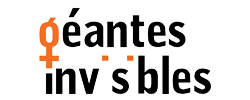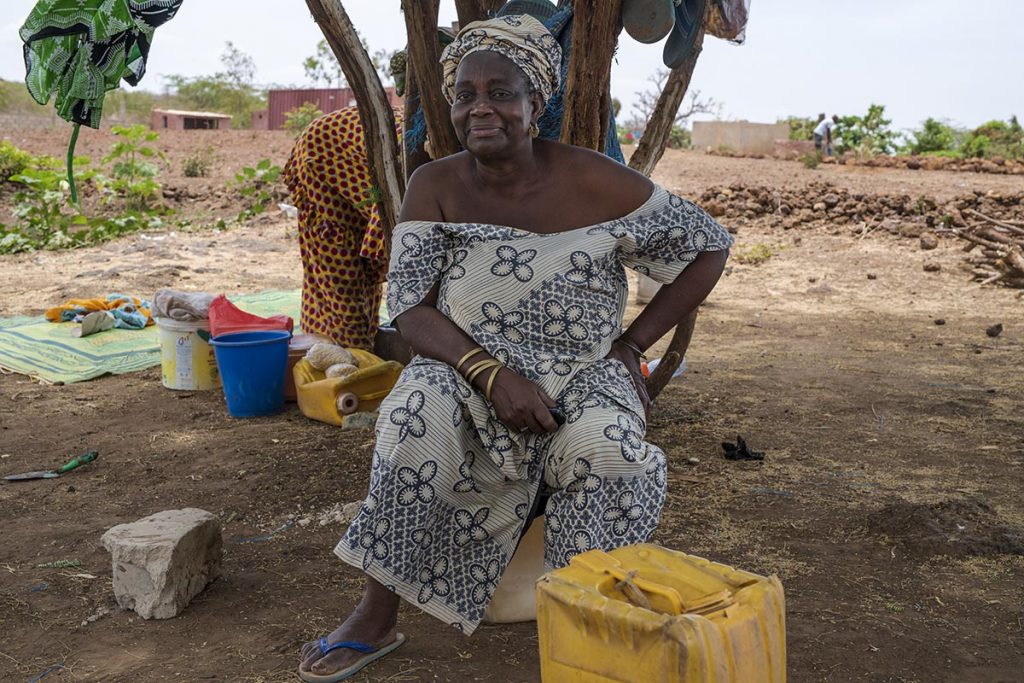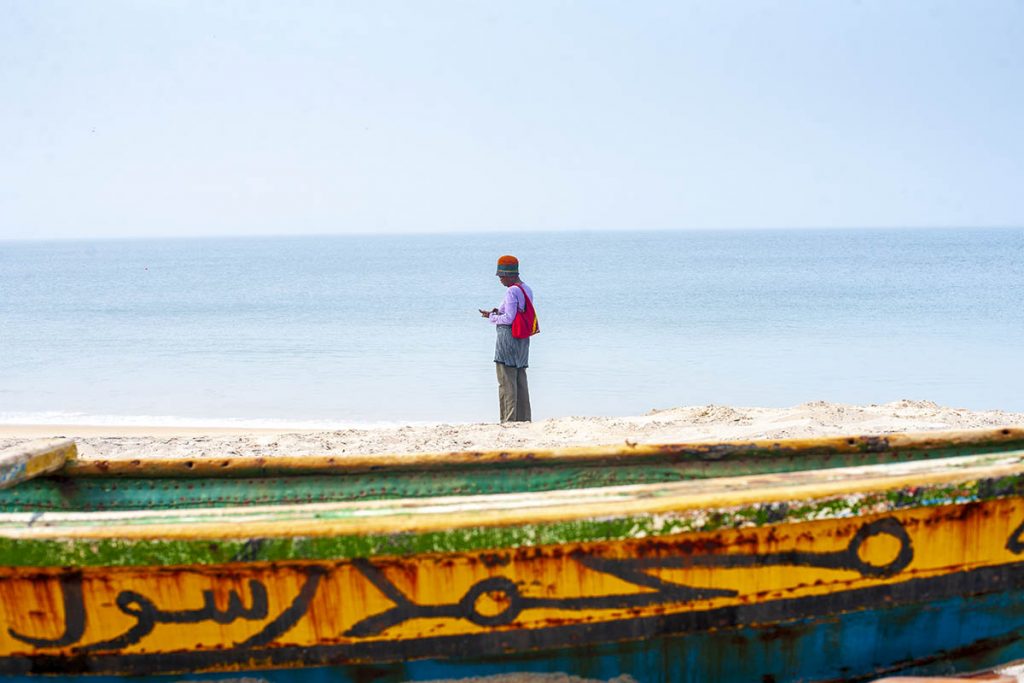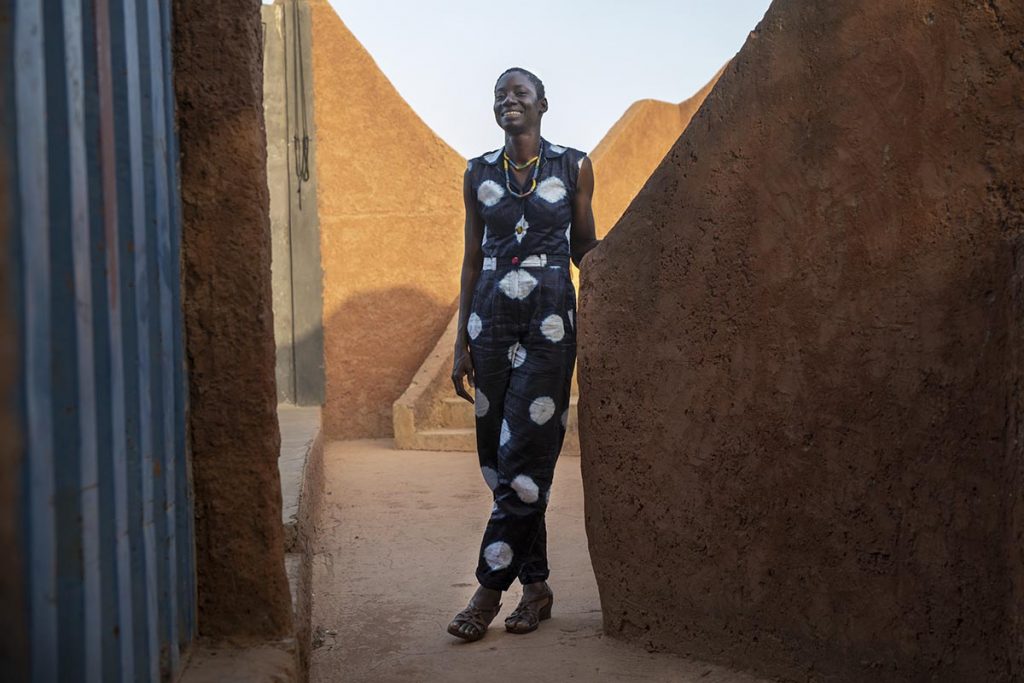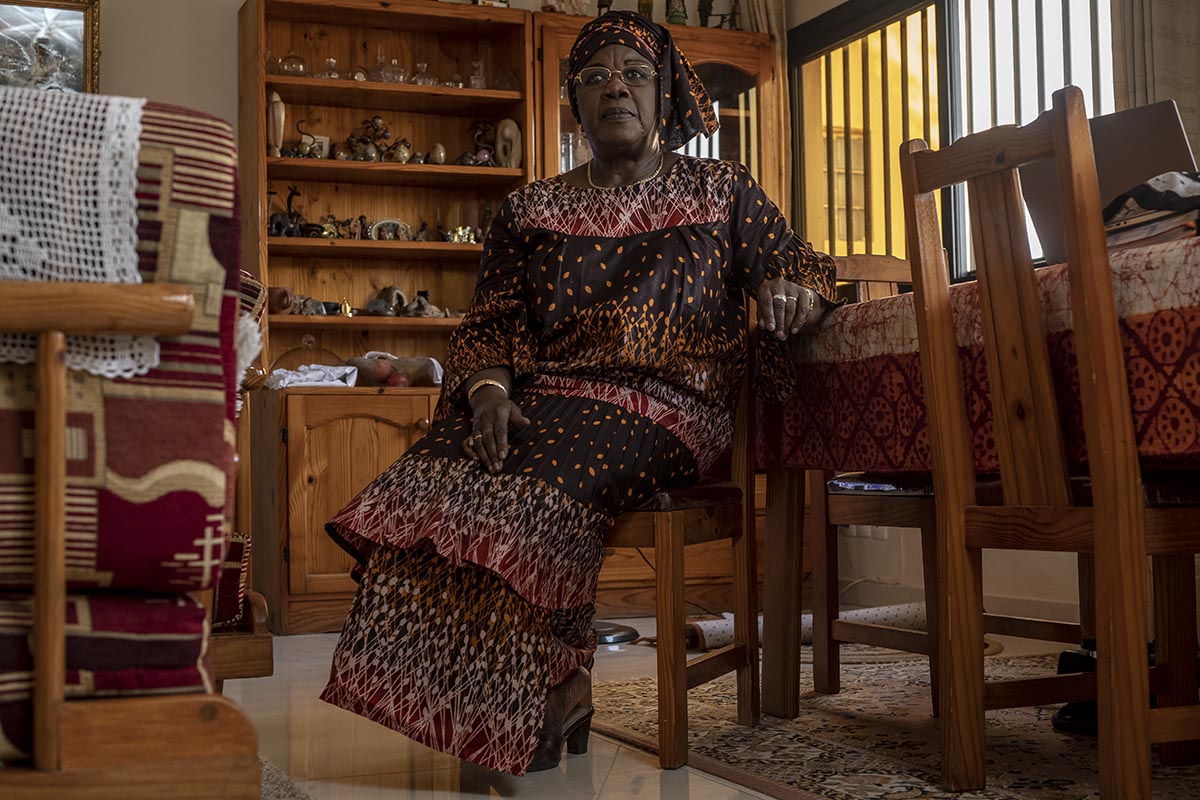
Of Ethics and of Equality
Astou is an outstanding economist, gender, technical strategist, organized and methodical, her motto “value women’s potential.”
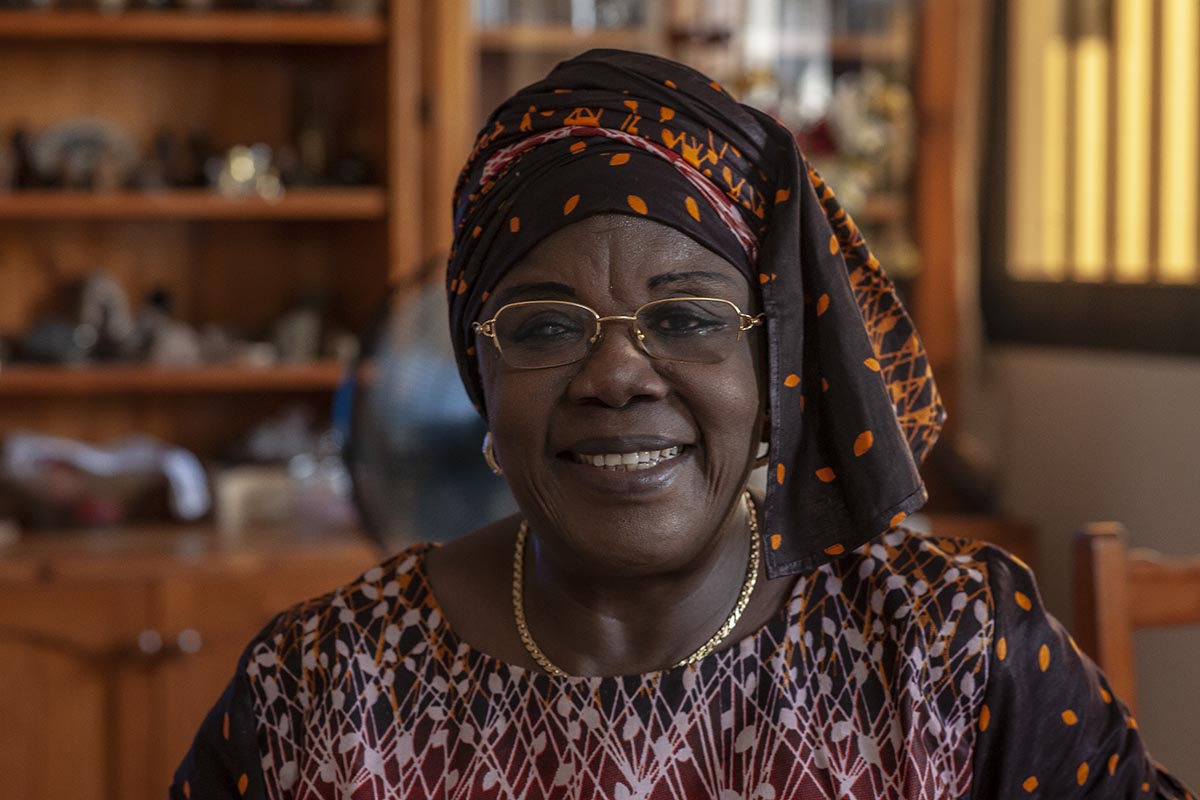
With a Master’s degree in Economic Sciences from the Sorbonne University at Paris and a Master’s degree in Project Management from the University of Quebec in Montreal, Astou Diop returned to Senegal to join the Ministry of Planning where she made her first steps as a development technician. During her time at the Ministry, she acquired the professional skills that she still uses today, namely her sense of organization and methodology to which she has combined with her great personal qualities such as simplicity, availability and generosity. It is without doubt that this mindset has been the key to her remarkable performance throughout all stages of her professional development.
In 1989, when she was Deputy Director of Planning, she was called to the position of National Manager of the Plan by Mrs. Ndioro Ndiaye, Minister of Social Development, to manage the FENU project phase: “Economic Promotion of Women’s Group.” It did not take very long for Astou Diop to commit to this project both at a technical and a ground level for the cause of women. Diop was also distinguished by her professionalism and exceptional commitment to making this job successful and achieving all of its goals.
From 1993 to 1999 she held the following positions in succession, as a Technical Advisor and Director of Family Welfare at both the Ministry of Women, Youth and Family and the Ministry of Family, Social Action and National Solidarity.
As a United Nations staff member in Guinea-Bissau from 1991 to 1993 and in Madagascar from 1999 to 2002, she worked both as a consultant expert on gender mainstreaming policies, programs, and projects at the World Bank Group and UNFPA, CIDA, IDRC, UNDP and ECA.
A proven development activist with a track of achievements and constant determination, Mrs. Astou Diop Diagne has always dedicated her work to Senegal so that the country is at the rendez-vous of giving and receiving, both nationally and internationally with a spirit of complementarity, solidarity and justice. She successfully conducted the process of Senegal’s participation in the 1995 World Conference on Women in Beijing, by organizing the African Regional Conference in Dakar in 1994 and Senegal’s technical preparation for its contribution to the Conference, developing the second National Action Plan for Women in 1996, as recommended in Beijing, and the formulation of the “National Strategy for Equity and Gender Equality in Beijing, 2005-2015” in 2004.
According to her, it is extremely important today that Africans Rising should take up the empowerment of women as its central priority. “Because nothing in development can be done without women. (…) It is important to value, not woman as woman, but to value the potential of woman. And this potential is indispensable for the development of the country, the development of the Nation.” This is extremely important because enhancing this potential is to lift up the image of women leaders and of every woman who has done something significant in their sector.
“I would like all the women, all the men who are here, to listen to me and take this message with you: It is often said that “behind every man, there is a great lady,” but behind the great lady there is also a great man; my husband has been a very great man who has always been very supportive.”
